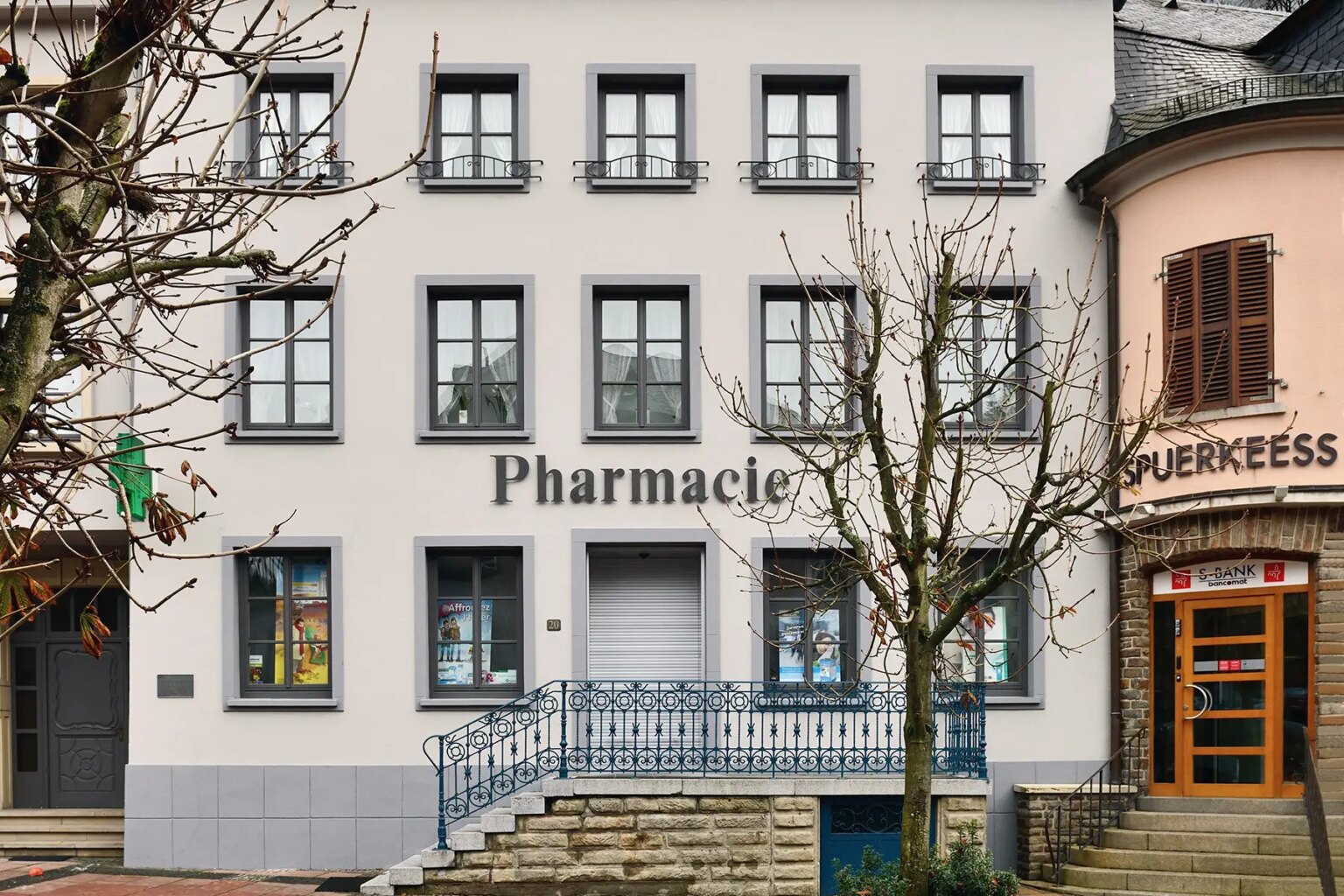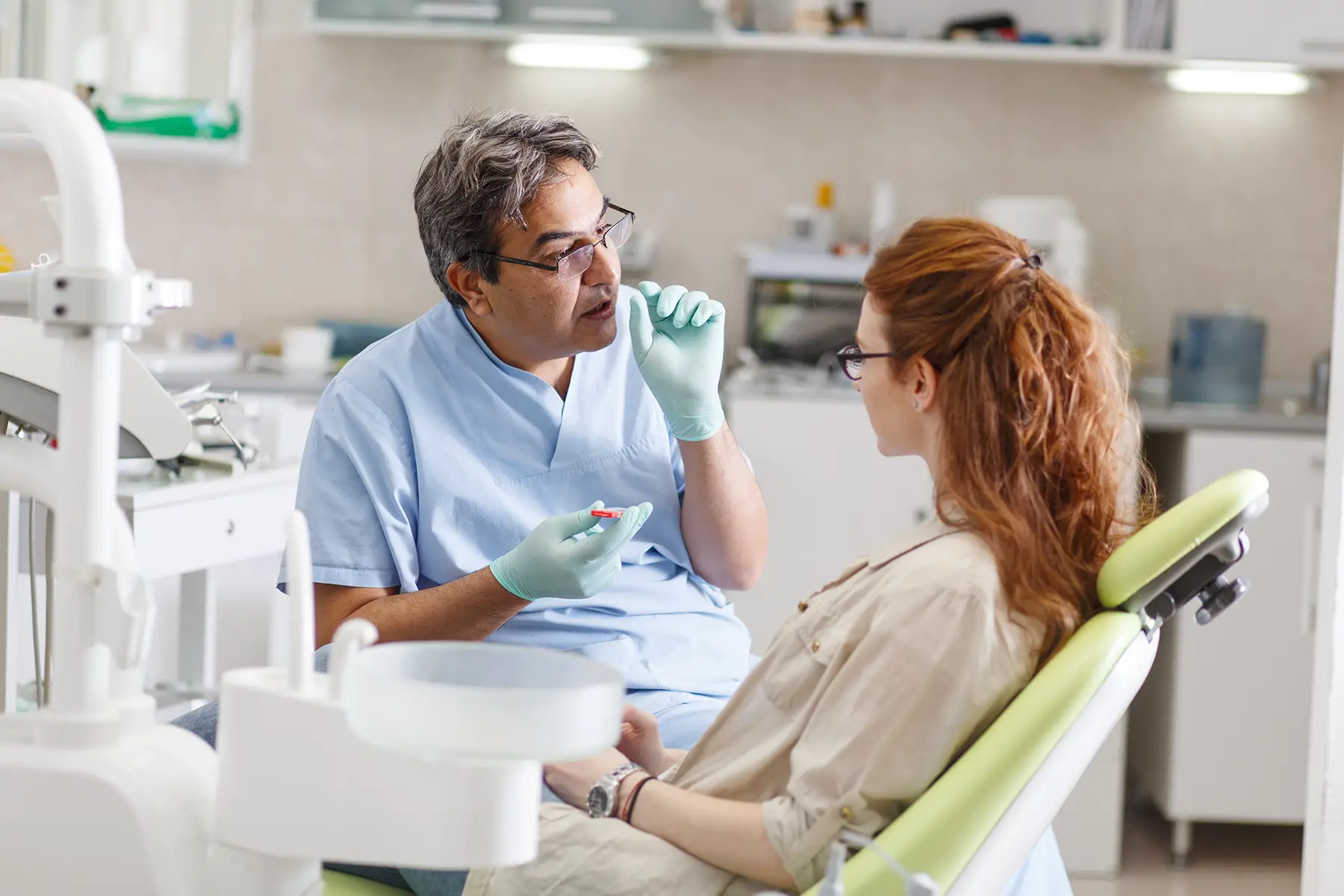All residents of Luxembourg benefit from access to the country’s free, high-quality public healthcare system. Patients can choose from an abundance of both routine medical and emergency facilities, plus select their own doctors and visit specialists without referrals. Unlike in other countries with social healthcare, the cost of most mental health services and dentistry are covered under public insurance. Overall, Luxembourg is an excellent place for internationals with varied healthcare needs to call home.
Read on for more about healthcare in Luxembourg, including sections on:
- Overview of healthcare in Luxembourg
- How much is healthcare in Luxembourg?
- Luxembourgish health insurance
- How do you register for healthcare in Luxembourg?
- Luxembourgish private healthcare
- Doctors and specialists in Luxembourg
- Luxembourgish women’s healthcare
- Children’s healthcare in Luxembourg
- Luxembourgish hospitals
- Dentists in Luxembourg
- Luxembourgish health centers and clinics
- Pharmacies in Luxembourg
- Luxembourgish mental healthcare
- COVID-19 in Luxembourg
- Long COVID support in Luxembourg
- Luxembourgish physical therapy
- Alternative medicine in Luxembourg
- What to do in an emergency in Luxembourg
- How can you complain about Luxembourgish healthcare?
- Useful resources
Cigna Global
Want access to the best private medical services in Luxembourg? Speak to the healthcare professionals at Cigna Global today and find a policy that’s right for you. Take advantage of their global network of doctors, specialists, therapists and more with coverage tailor-made for you and your family. If you’re starting a new life in Luxembourg, get peace of mind with Cigna Global.
Overview of healthcare in Luxembourg
The healthcare system
Luxembourg’s state-funded healthcare system (La Caisse Nationale de Santé/Gesondheetskees – CNS) covers all citizens with basic medical coverage and is considered one of the best in Europe.
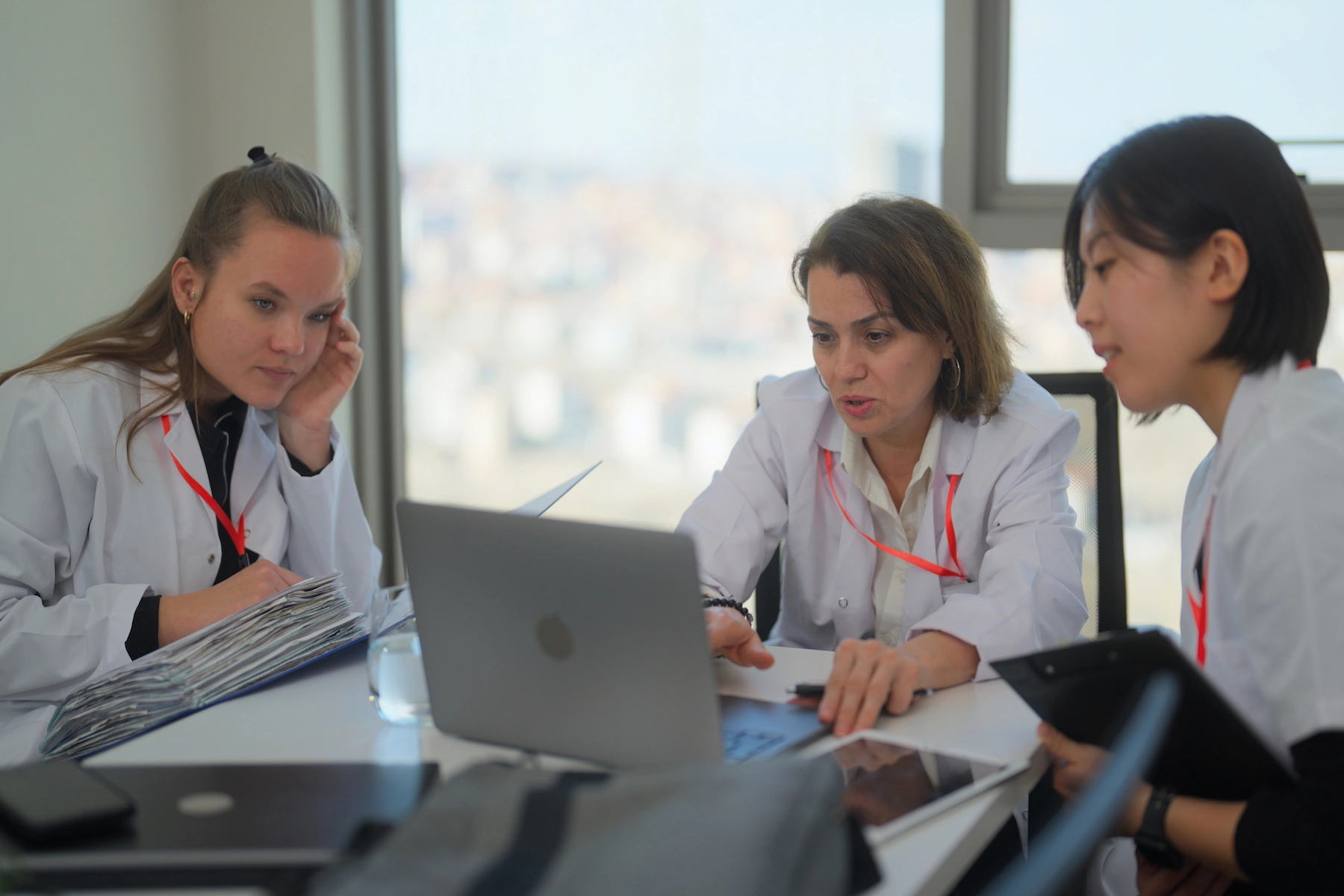
In addition, residents are free to choose their doctor, specialist, and hospital. Coverage includes most treatment by your general practitioner or specialists, laboratory tests, prescriptions, and hospitalization.
The Ministry of Health administers healthcare in Luxembourg and is responsible for policy, regulation, and overseeing services. The country is ranked 7th on the 2018 Euro Health Consumer Index. Its healthcare system has also been praised for its comprehensive level of coverage. However, it’s important to note that many residents still seek certain treatments (e.g., abortions) in neighboring European Union (EU) countries.
Who can access healthcare in Luxembourg?
All legal residents of Luxembourg have access to the state healthcare system as long as they’re registered with the Joint Center for Social Security (Centre Commun de la Sécurité Sociale – CCSS).
Employed and self-employed workers must make social security contributions to access healthcare services. If you are employed, healthcare contributions will be automatically taken out of your wages by your employer.
All dependent family members will also have coverage through workers who pay social security. Children have insurance through their parents, and student coverage extends to age 27.
Unemployed or low-earning individuals can get basic medical treatment covered by the state. You must contact your local social welfare office to apply for this. You can find more information on the government’s social welfare website.
Temporary visitors to Luxembourg from the European Economic Area (EEA) and Switzerland can receive healthcare through their European Health Insurance Card (EHIC). However, those without an EHIC and visitors from outside the EU will need to purchase private health insurance in Luxembourg.
How much is healthcare in Luxembourg?
Public health insurance covers 80–90% of overall healthcare costs, meaning residents must pay the remaining 10–20%.
This includes the price to see a doctor, prescriptions (60% for non-essential medication), and hospital stays are around €22. There are also caps to the amount the state will reimburse for dental and eye care.

The majority of funding for healthcare in Luxembourg comes from social security payments made to the National Health Fund. Social security funds around 84% of total public healthcare expenditure. As of 2020, Luxembourg was the lowest healthcare spender in the EU at 5.8% of its total GDP.
Luxembourgish health insurance
Once you start making contributions, your social security card will prove your health insurance in Luxembourg. You will need to show this card whenever you use medical services. Under Luxembourg’s health insurance system, all citizens can choose their doctor, specialist, and hospital. However, private health insurance can provide more substantial coverage and greater choice for patients.
Here are some expat-friendly international companies offering private health insurance in Luxembourg:
How do you register for healthcare in Luxembourg?
The first step to registering for healthcare in Luxembourg is registering at the CCSS. If you are an employee, your employer will typically do this for you. If you are self-employed, you will need to do it yourself.
Once registered at the CCSS, you will receive your social security card bearing your social security number. You will need to present this at appointments with doctors and specialists and at hospitals or emergency rooms.
To obtain your social security card, you will need to provide:
- A valid passport or ID
- Luxembourgish utility bill or other proof of address
- Proof of residency
- Proof of employment
Luxembourgish private healthcare
In Luxembourg, most residents use public healthcare since the quality of care is so high. However, expats may want to take out private health insurance, enabling them to access any treatments not covered through the public scheme and cover the extra cost.
Doctors and specialists in Luxembourg
You are free to choose your doctor in Luxembourg, and even make an appointment to see a specialist without prior referral.
However, ensure they are contracted into the state health scheme if you use public healthcare; this will help you avoid extra fees. General doctors have different hours than doctors in most countries, and they close on Wednesday afternoons. They also operate on an appointment basis, known as a rendezvous, where patients can walk in for appointments and surgeries.
If there is a wait, some doctors operate a ticket system, and patients can see the doctor when their number comes up. Doctors will make house visits, but only at specific times of the day.
Luxembourgish women’s healthcare
Primary care doctors provide women’s healthcare in Luxembourg, as do gynecologists in family planning centers or well-woman clinics.
You can access gynecologists through public healthcare. In addition, you can search for local gynecologists on the Médecins Spécialistes website.
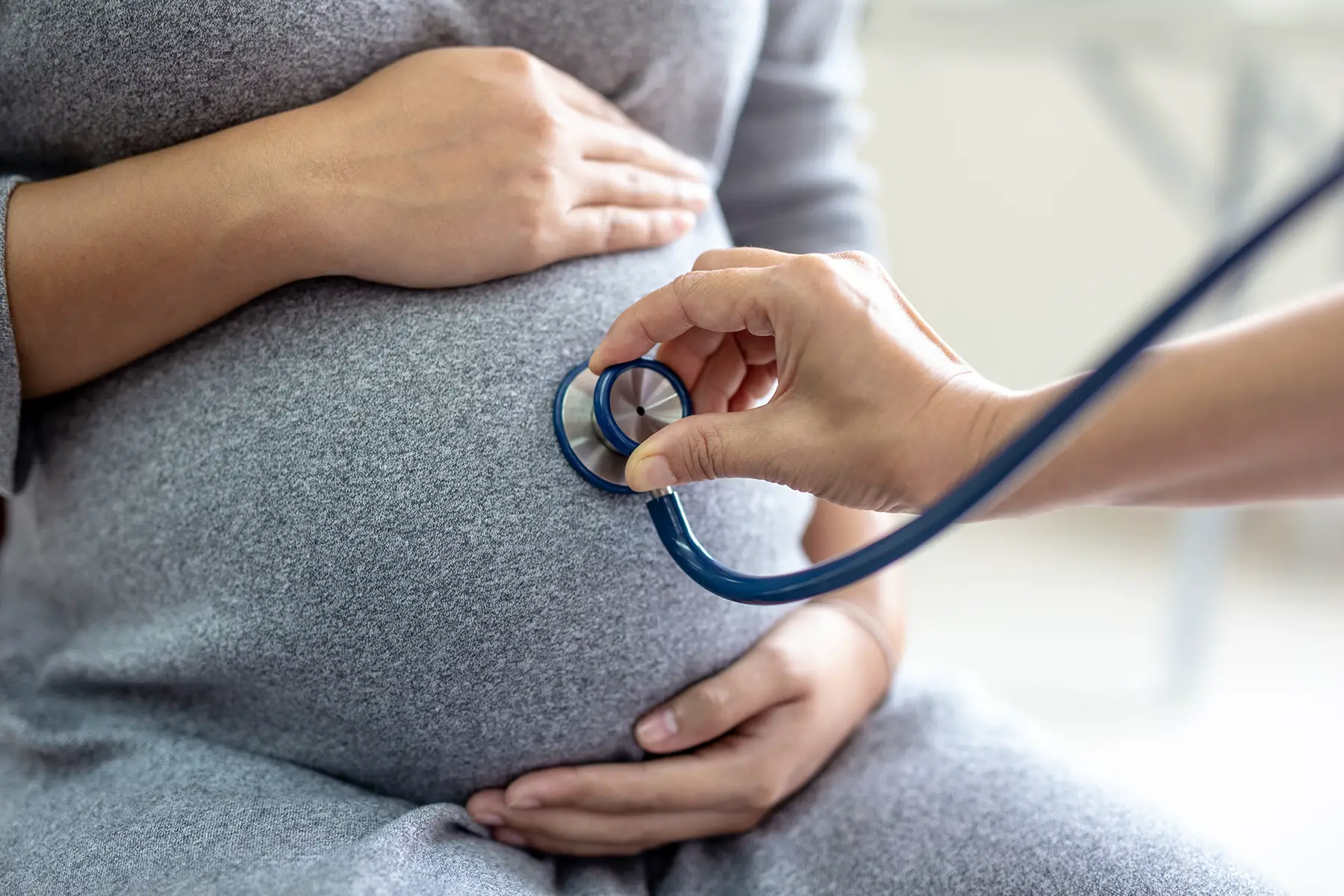
Social health insurance covers most maternity costs, including pre-natal and post-natal care. However, if you choose to have a home birth, public healthcare will not cover this. You should contact your doctor or gynecologist as soon as you become pregnant.
The Centre Médical in Luxembourg offers sexual health checks, cervical screening tests, contraceptive advice, and prescriptions. People with breasts aged between 50 and 70 can undergo mammograms to screen for cancer as part of the national prevention program.
Emergency contraception is available in Luxembourg without a prescription at pharmacies and family planning centers. Abortion is legal up to 12 weeks after conception, and possibly later if doctors certify that there is a danger to the mother’s health.
Children’s healthcare in Luxembourg
In Luxembourg, children have access to healthcare through the insurance of their parent or guardian and usually see pediatricians at clinics and hospitals.
Pediatricians also operate out of hospital maternity units and medical centers (maisons médicales). You can search for a pediatrician on the Doctena website. In addition, the Kannerklinik provides 24-hour pediatric services, including emergency services.
Vaccinations for children in Luxembourg are not mandatory, however several are available free of charge. These include vaccinations for:
- Diphtheria
- Tetanus
- Polio
- Hepatitis B
- Measles, mumps, and rubella (MMR)
Luxembourgish hospitals
Identifiable by a sign with a white H on a blue background, all Luxembourgish hospitals are run by the CNS and therefore require a referral from your doctor for admission.
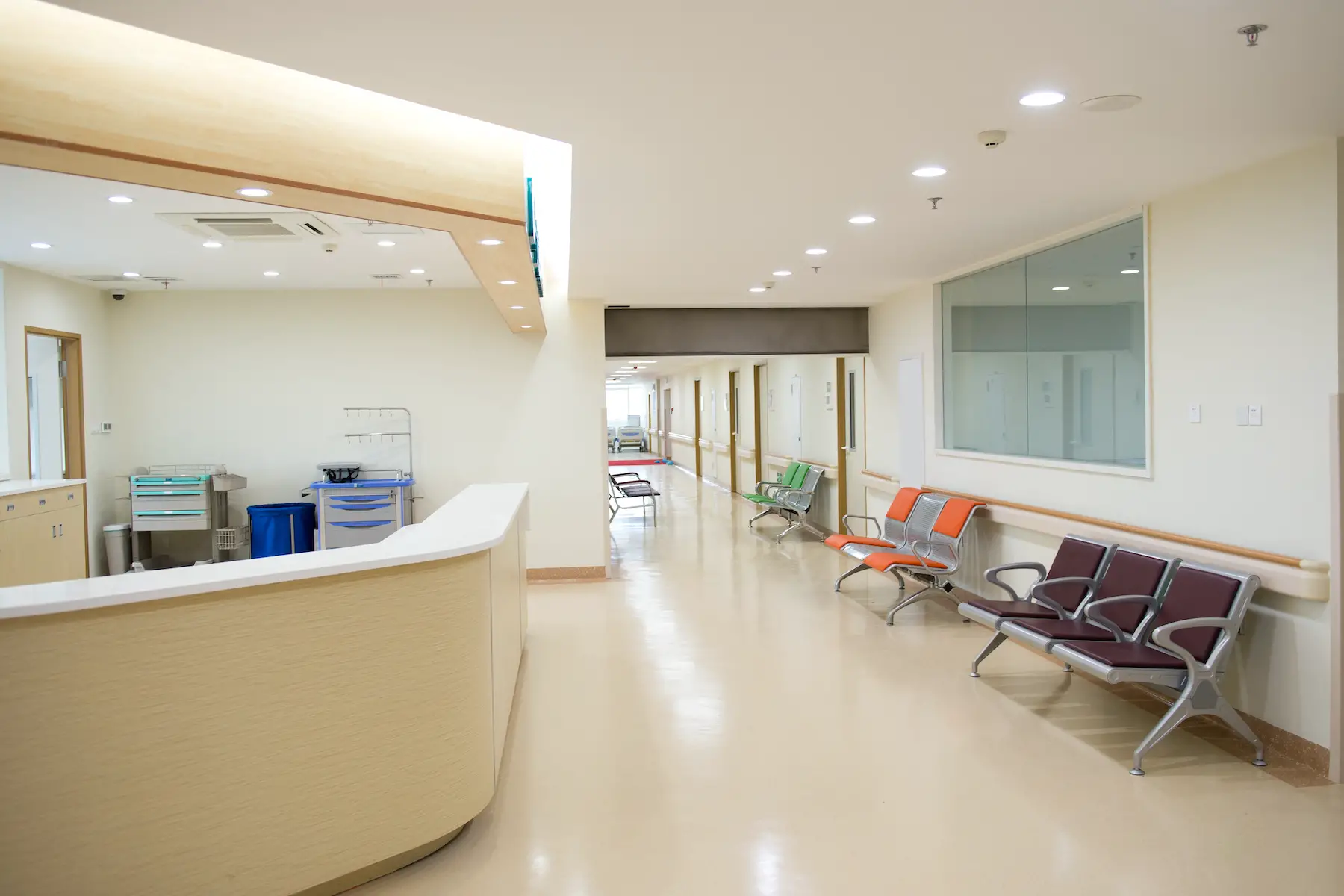
When going to a hospital, you should take your clothes, robe, slippers, personal toiletries, and towels. You will also need a small amount of money to pay for telephone calls, television programs, bottled water, and other items offered by private services within the hospital.
Luxembourgish hospitals have three classes of service: first, second, and third. The first class includes a private room for which you pay extra unless you have premium private health insurance. The second class is a shared room with two or three other patients, and this is the standard service that insurance covers. Third-class service is a ward with more than three patients and occurs only in certain circumstances.
Dentists in Luxembourg
Dentistry in Luxembourg is of a good standard, and most dentists and dental procedures are included under the state insurance scheme.
In Luxembourg, you are free to register with a dentist of your choice. However, first, check if they are state registered (unless you have private dental coverage) and also see what treatments are covered.
The cost of standard procedures and preventative treatments are covered by public insurance at 80–100%. However, more specialist dental treatments or oral surgery usually have to be paid out of pocket or covered privately.
Luxembourgish health centers and clinics
In addition to hospitals and clinics in Luxembourg, you can also find medical centers or on-call medical homes (maisons médicales de garde). These provide non-emergency care in evenings, on weekends, and during holidays when doctor’s offices and other healthcare services usually close.
Services normally run from 20:00 to 7:00 during the week and overnight from 8:00 to 7:00 on the weekend. If you feel unwell but cannot wait for the doctor’s office to open, you can visit a medical home, or call 112 after midnight to speak to a home. It’s important to remember, though, that maisons médicales should not be used for medical emergencies.
There are three maisons médicales in Luxembourg:
- Luxembourg City – 59 Rue Michel Welter, L-2730
- Esch/Alzette – 70 Rue Emily Mayrisch, L-4240
- Ettelbruck – 110 Lucien Avenue Salentiny, L-9080
Pharmacies in Luxembourg
Luxembourgish pharmacies are signified by a sign with a bright green cross, and drugs prescribed by doctors are usually reimbursed between 60 and 100%.
If you purchase non-prescription drugs from a chemist, you will pay full price. If your doctor prescribes the same products, your healthcare insurer will usually reimburse at least a part of the cost.
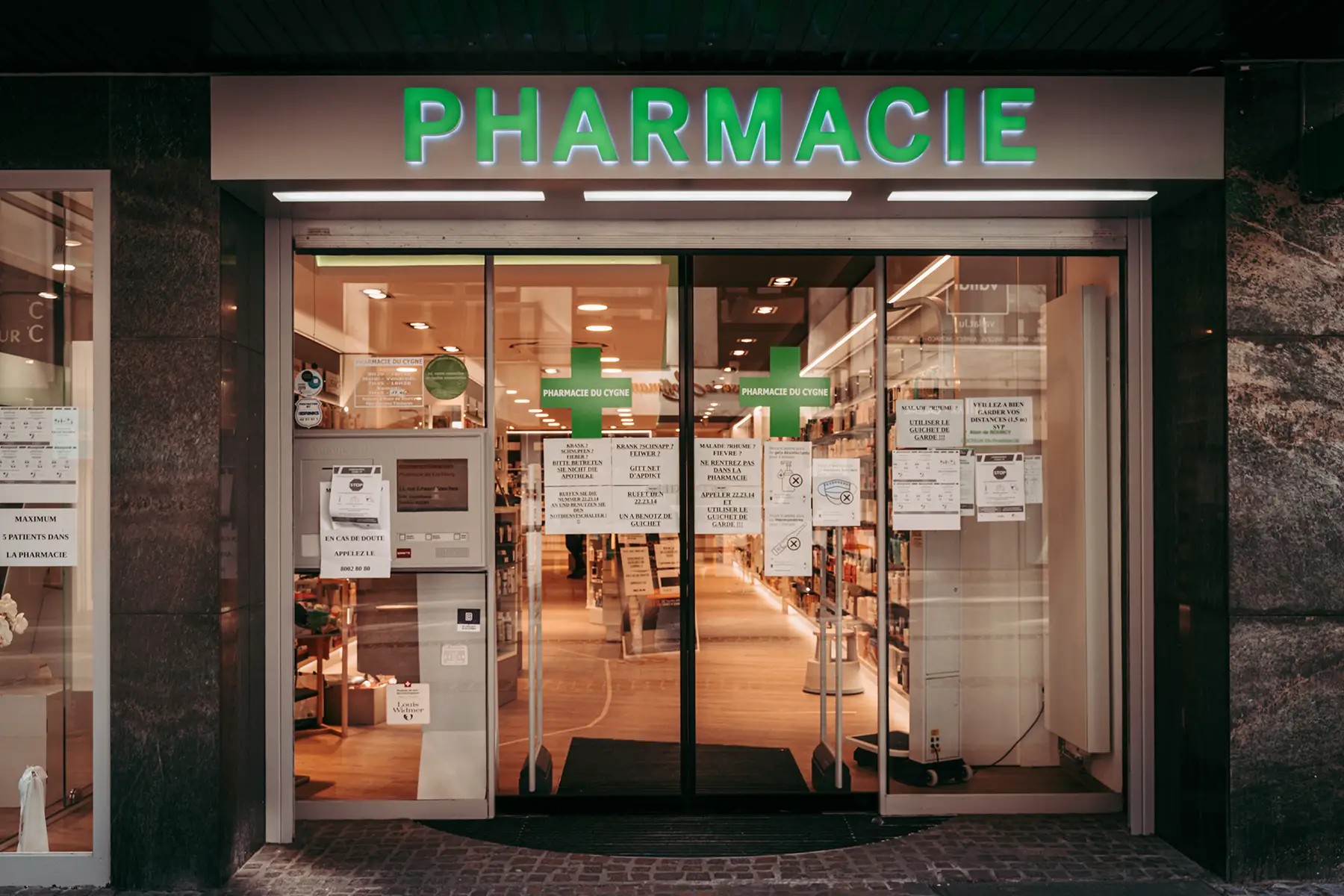
Pharmacists are available to provide advice on both prescription and non-prescription drugs, and many of them speak English.
Pharmacies are usually open during normal shopping hours, but there is always a duty chemist available for service during off-hours. You may have to pay additional costs for medicines purchased during off-hours and this is non-reimbursable. You can find a list of duty pharmacies in Luxembourg on the Editus website.
Luxembourgish mental healthcare
You do not need a referral for mental healthcare in Luxembourg, and can usually find counseling and psychotherapy, group therapy, wellbeing workshops, and prevention trainings.
The Luxembourg League of Mental Hygiene (La Ligue Luxembourgeoise d’Hygiène Mentale) offers free mental healthcare for adults suffering from problems such as stress, depression, and anxiety. For problems with depression specifically, you can visit the prevention-depression.lu website which offers information and resources.
If you’re unsure where to begin, reach out to your primary doctor with concerns about any mental health issues. They will either treat you themselves or refer you to a specialist.
COVID-19 in Luxembourg
Although Luxembourg still has cases of COVID-19 in 2023, the government has lifted most pandemic-related restrictions.
Previous restrictions included isolation for those who have tested positive for the virus and mandatory testing for visitors to the country. Luxembourg has three different types of COVID-19 tests available: the PCR test, the antigen test, and the antibody test.
As of 2023, the Luxembourgish government only offers a 4th dose of the COVID-19 vaccine to those belonging to high-risk groups. This includes older adults, pregnant people, healthcare professionals, and anyone with a chronic illness.
Long COVID support in Luxembourg
The Luxembourg Ministry of Health has set up a dedicated network of hospitals and clinics for diagnosing and treating long COVID. For more information, reach out to one of the participating care centers across Luxembourg.
Those who continue to suffer from COVID-19 symptoms months or years after infection might have long COVID. The most common symptoms of long COVID are fatigue, chronic pain, and neurological issues like brain fog.
Luxembourgish physical therapy
Physical therapy, or physiotherapy, is very popular in Luxembourg, with an estimated 1,800 practicing therapists around the country.
Licensed physiotherapists (masseur-kinésithérapeute) are subject to regulation by the Luxembourg Association of Physiotherapists (ALK).
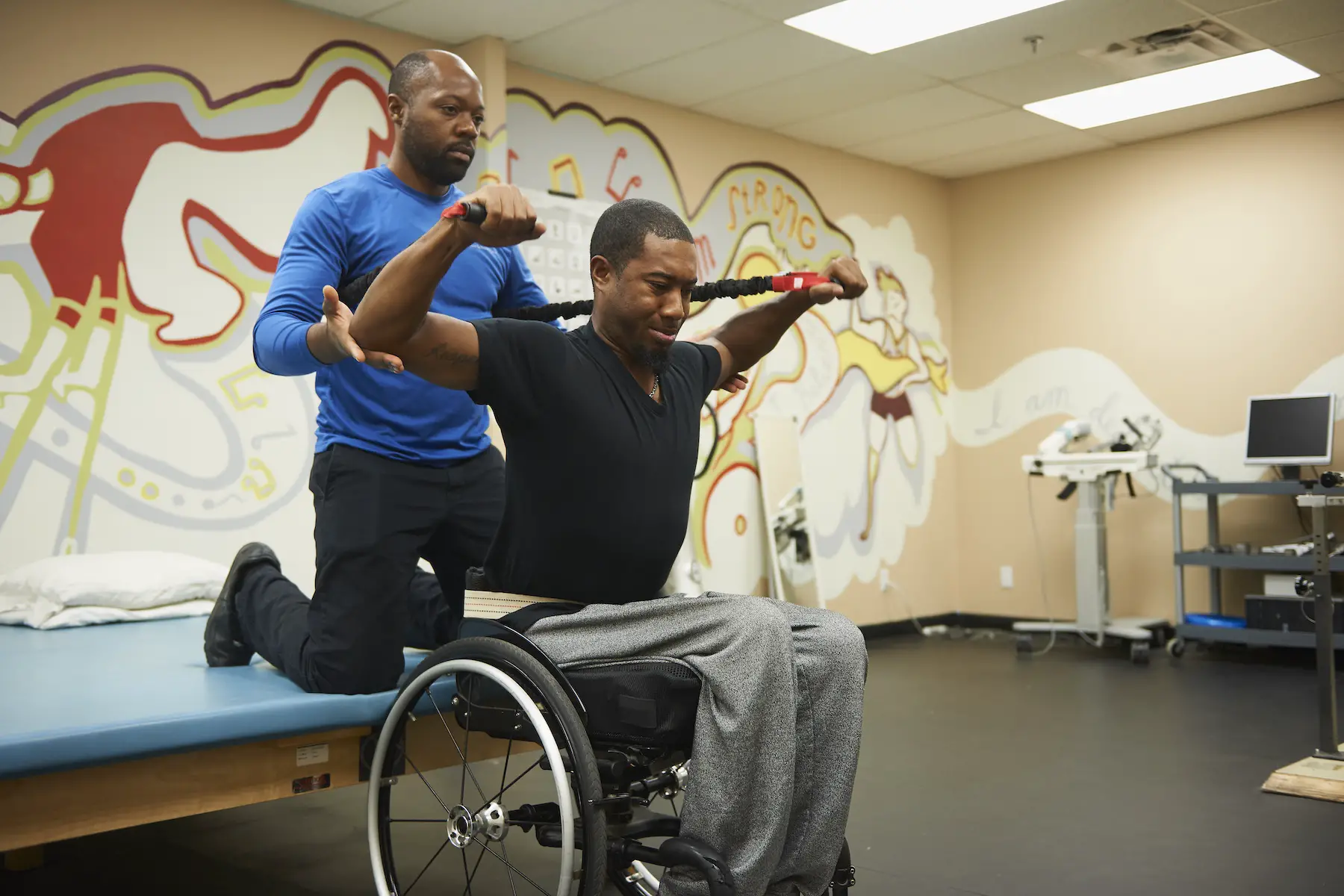
If you’re looking for a physical therapist in Luxembourg, you can search licensed ones on the ALK website by name, town, or postal code. In order to receive treatment, you first must get a valid referral from a doctor on the national healthcare system.
Alternative medicine in Luxembourg
Homeopathy is the only form of alternative medicine covered by Luxembourgish public healthcare and is reimbursed at the rate of 80% if carried out by a qualified doctor.
Some private companies may cover complementary treatments, but you will usually have to pay extra for these on top of your basic insurance package.
Only qualified physicians can officially practice alternative medicine in Luxembourg. Furthermore, it is considered unethical for doctors to recommend any treatments that are scientifically unproven. It is possible to find holistic and natural therapists, however it may be difficult to get treatments covered through insurance.
What to do in an emergency in Luxembourg
The medical emergency phone number in Luxembourg is 112 and treatment is free even if you have no insurance.
The emergency department provides urgent care at large hospitals – cas d’urgence or spoedgeval. However, not all hospitals in Luxembourg have emergency services, and out of hours coverage is on rotation among the facilities in the area. You can find the duty schedule in the local newspapers, pharmacies, hospitals, and doctors’ offices.
If you suffer from a condition that may need emergency treatment, you should carry a written description of the condition, the medicines you are taking, including doses, and any other relevant details. This can be in English or one of the official languages of Luxembourg and can help save your life in case of a medical emergency.
How can you complain about Luxembourgish healthcare?
If you feel that your rights as a patient have been violated by a healthcare provider in Luxembourg, you can make an official complaint with the Médiateur Santé (health ombudsman).
The ombudsman encourages patients to first try to come to an agreement with the healthcare provider directly before submitting a claim or request for mediation. The services of the Médiateur Santé are free of charge for residents of Luxembourg.
Useful resources
- Government of the Grand Duchy of Luxembourg – government website containing information on healthcare and social security, with links information on the Ministry of health
- National Health Fund – information on public health insurance
- Joint Center for Social Security (CCSS) – government agency that regulates healthcare registration
- Médicins Spécialistes – search for specialist doctors in Luxembourg
- Doctena – site that links patients with health professionals
- Editus – details of duty pharmacies
- Luxembourg League of Mental Hygiene – provides mental health services in Luxembourg
